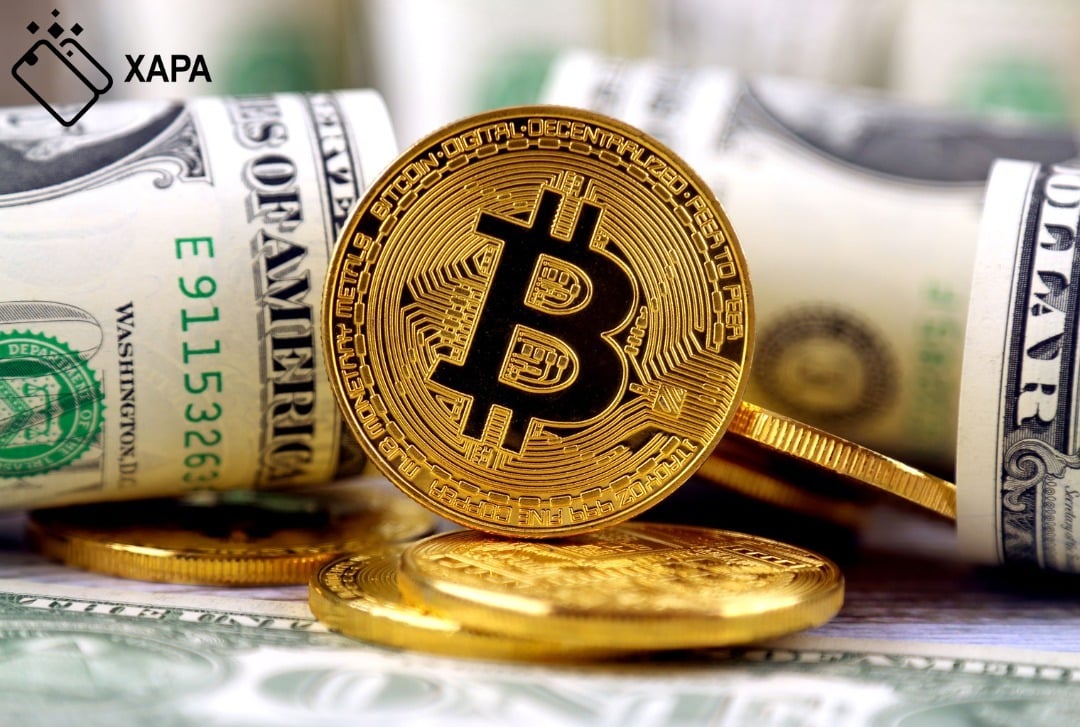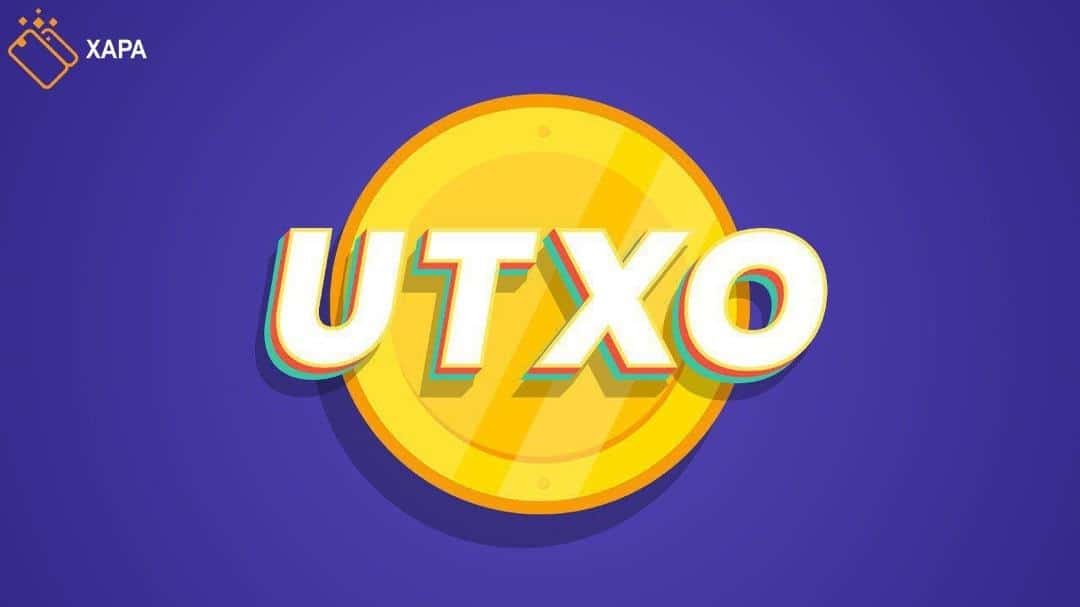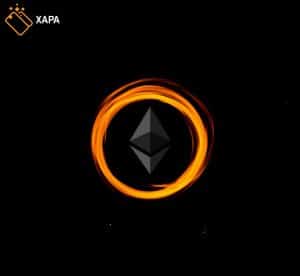
Where Does Bitcoin Get Its Value From?
One of the major misconceptions about Bitcoin is that it has no value because it is not
backed by anything physical. This argument has been around for years thanks to a view
that has been kept alive by the likes of the world’s seventh-richest person and billionaire
chairman and CEO of popular hedge fund Berkshire Hathaway, Warren Buffett and of
course, former U.S. President Donald Trump –both of whom have made it clear many
times that they have no respect for Bitcoin whatsoever.
Bitcoin vs. Fiat
But now that it ranks among the world’s largest currencies by market cap, one simply
cannot help but ask…what exactly does back a currency as big as Bitcoin?
Up until the last century or so, the wealthiest countries used to follow the gold
standard, a monetary system where governments needed to tie an arranged exchange
rate for national currency to gold. In the gold standard, in order for countries to fully
back their circulating currency supply, they had to keep sufficient reserves of gold in
their vaults. However, this method proved ineffective for governments as it crippled the
economy during the Great Depression and they were unable to source more gold to
expand their money supply. Having realized the irreparable damage it had caused to
their economy, countries one after another started leaving the gold standard. The
system was abandoned by Australia in 1930, followed by the United Kingdom, Canada,
and Germany in 1931. The United States was the last to leave in 1971, thereby ending
the age of the gold standard. The act was later embraced by President Richard Nixon,
who ended the interconvertibility of the U.S. dollar into gold.
Today, fiat currencies are not formally backed by anything, allowing central banks to
print new money whenever needed, but does that mean they have no value? Of course,
they do not have intrinsic value, but what can one possibly do without money? The
value of fiat is set by the strength of the government behind it, and changes in supply
and demand.
Now, just like the U.S. dollar, Bitcoin is not backed by a physical commodity either and
derives value in other ways. Unlike national currencies, Bitcoin is worth what people are
willing to pay for it. What’s more, it utility value; it is accepted by thousands of
merchants worldwide and has been adopted as legal tender in El Salvador and the
Central African Republic. The largest cryptocurrency by market capitalization is backed
by its controlled supply, which ensures it remains limited and the complicated
mathematics underlying its blockchain, that make it resistant to censorship.
Follow Xapa on social media for more






binance account
Your article helped me a lot, is there any more related content? Thanks!
gate io отзывы
Reading your article helped me a lot and I agree with you. But I still have some doubts, can you clarify for me? I’ll keep an eye out for your answers.